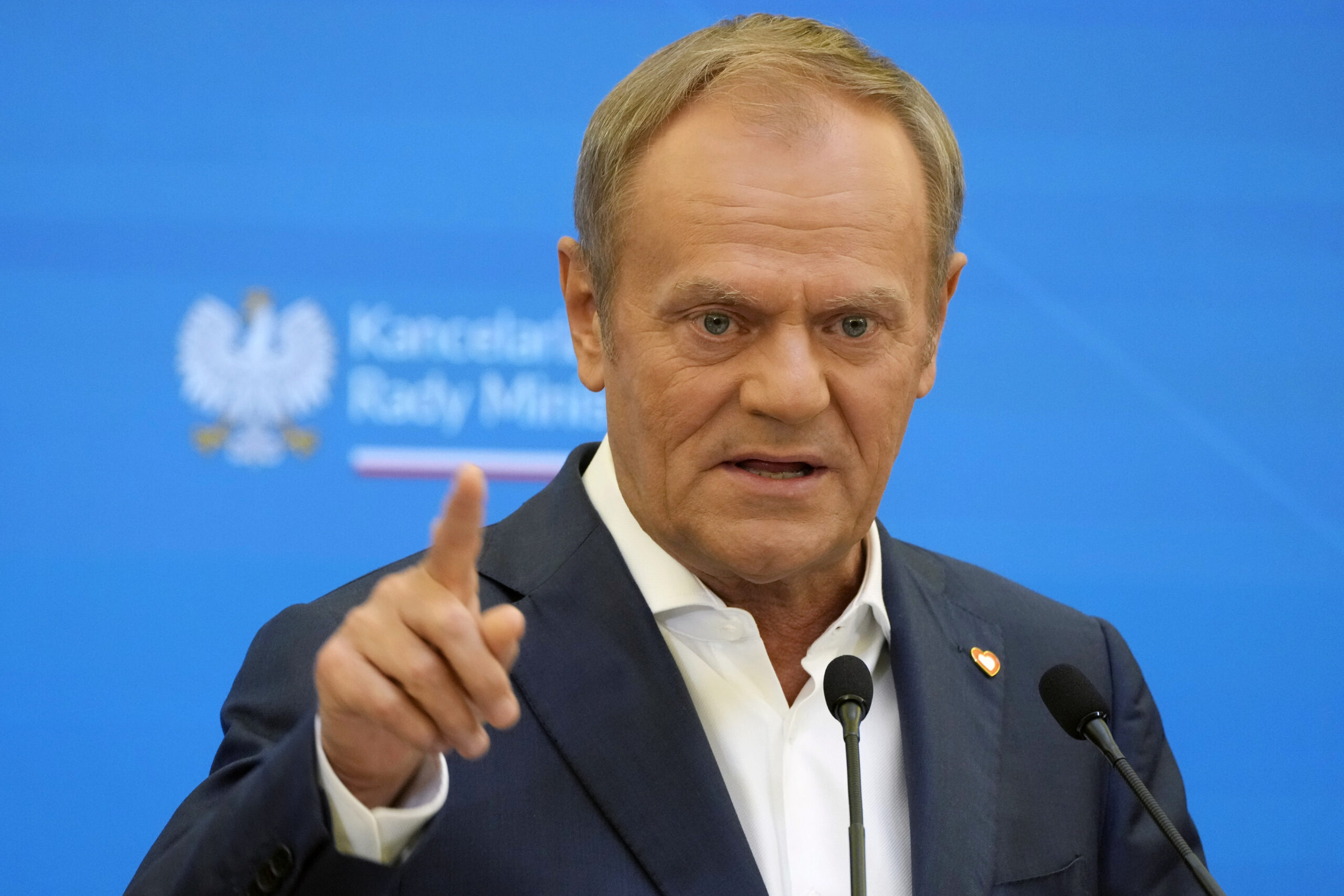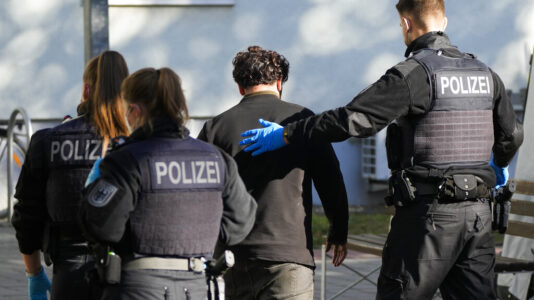In a poll conducted by IBRiS for Radio ZET, 71.2 percent of respondents said they did not think that Polish Prime Minister Donald Tusk should run for president in next year’s election. The poll showed that 51.8 percent of respondents answered “definitely no,” and 19.4 percent answered “probably no.”
Only 16.5 percent supported the idea of his candidacy: 4.5 percent of those surveyed think “definitely yes,” and 12 percent “probably yes,” while 12.3 percent have no opinion on the matter.
Interestingly, 73 percent of voters from the ruling left-liberal coalition (Civic Coalition, Third Way, Left) also prefer Tusk not to run. Tusk currently serves as the Civic Platform (PO) leader.
The presidential election is scheduled for spring 2025, with Civic Coalition expected to announce its candidate by the end of this year. The liberal mayor of Warsaw, Rafał Trzaskowski, is currently seen as the most likely candidate.
Although Tusk has repeatedly stated that he does not intend to run, speculation remains, with some politicians, like co-ruling PSL MP Marek Sawicki, suggesting otherwise.
Meanwhile, another survey suggests that trust in Tusk is declining among Poles. According to an IBRiS poll for Onet, 44.3 percent of respondents currently trust Rafał Trzaskowski, reflecting a 1.3-point increase from the previous survey. Conversely, 43.8 percent view him critically, an increase of 2.2 percentage points.
Tusk follows closely behind, with 42 percent of respondents expressing trust in him, a 0.9-point increase. However, a significant 51.8 percent do not trust him, marking an increase of 9.4 percentage points.
As for President Andrzej Duda, 41 percent of respondents trust him, a 0.7-point increase, while 48.5 percent still do not trust him, a decrease of half a point.






